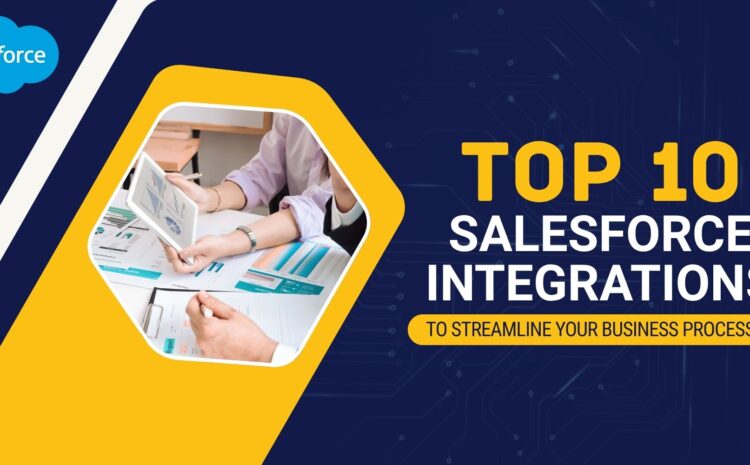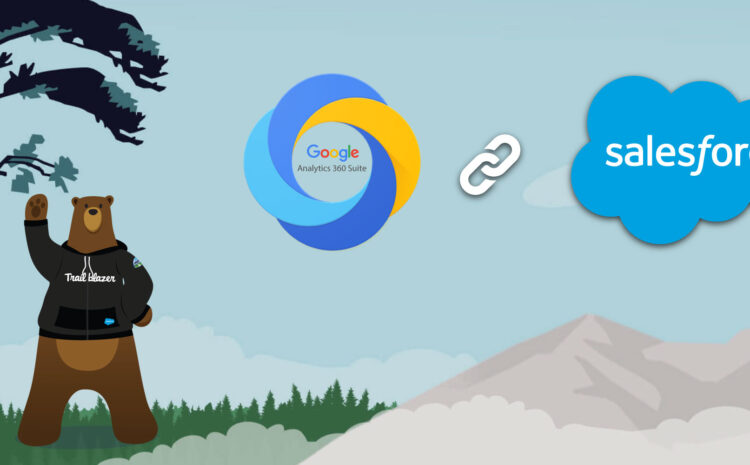Salesforce CRM boosts revenue growth by centralizing customer insights, streamlining sales processes, and enabling data-driven decision-making. Its tools improve lead management, forecasting, and team collaboration, while personalizing customer interactions and scaling with business growth.
Hi, everyone! Welcome to another insightful blog on taking your business to the next level with Salesforce CRM. Grab your coffee, settle in, and let’s dive into how Salesforce CRM can transform your sales management for greater efficiency and growth. Short on time? Catch the quick summary at the end!
In today’s fast-paced business world, sales teams need tools that help them not just keep up but stay ahead. Salesforce CRM (Customer Relationship Management) has transformed sales management by optimizing processes, tracking critical data, and enabling a proactive approach to customer relations. Let’s dive into how Salesforce CRM can be the catalyst for revenue growth in modern businesses.
1. Enhanced Customer Insights
Salesforce CRM enables businesses to centralize customer data and interactions, creating a single source of truth. This data aggregation allows sales teams to gain comprehensive insights into customer needs, preferences, and behavior patterns. By understanding customer journeys, sales managers can tailor their sales strategies, anticipate client needs, and deliver solutions that resonate. These insights help businesses target the right customers at the right time, which increases the likelihood of closing deals and expanding revenue potential.
2. Streamlined Sales Processes
Salesforce CRM offers customizable workflows that allow businesses to streamline their sales processes. Whether it’s automating repetitive tasks, setting up lead scoring, or creating guided selling experiences, Salesforce takes manual work out of the equation. Sales reps can dedicate more time to selling rather than managing administrative tasks. Automated reminders for follow-ups, renewal dates, or upsell opportunities ensure that nothing falls through the cracks, and every potential revenue opportunity is maximized.
3. Effective Lead Management
Generating leads is crucial, but managing them effectively is what makes or breaks revenue growth. Salesforce CRM excels at organizing and prioritizing leads. It allows businesses to track every stage of the lead journey, from first contact to closing. With tools like Salesforce’s lead scoring, teams can prioritize high-value prospects and reduce time wasted on cold leads. Furthermore, it allows sales managers to identify and address bottlenecks, ensuring a smooth transition from prospecting to closing.
4. Improved Forecasting and Pipeline Visibility
Accurate forecasting is the backbone of sales management, enabling businesses to make informed decisions and prepare for revenue fluctuations. Salesforce CRM’s advanced analytics and reporting tools provide real-time insights into sales pipelines and revenue forecasts. Managers can drill down into data, track the performance of individual sales reps, and forecast revenue with remarkable accuracy. This helps in setting realistic goals, strategizing resource allocation, and aligning sales and marketing efforts for optimized revenue growth.
5. Enhanced Collaboration and Team Productivity
Salesforce CRM fosters collaboration across teams by providing a platform where all customer-related information is accessible to everyone. Sales, marketing, and support teams can work together seamlessly, sharing insights and coordinating strategies. Salesforce’s collaboration tools, such as Chatter, allow team members to communicate directly on specific accounts, providing real-time updates and feedback. This synergy improves team productivity, reduces miscommunication, and ultimately leads to a more cohesive approach to customer engagement and revenue generation.
6. Data-Driven Decision Making
Modern businesses thrive on data-driven decisions. Salesforce CRM aggregates data across customer touchpoints, creating a treasure trove of actionable insights. With the power of artificial intelligence (AI) through Salesforce Einstein, businesses can uncover patterns, predict trends, and receive actionable recommendations. This level of insight enables sales leaders to make informed, strategic decisions that directly contribute to revenue growth, such as identifying new market opportunities, understanding customer churn, or optimizing pricing strategies.
7. Personalized Customer Engagement
Today’s customers expect a personalized experience, and Salesforce CRM enables just that. By leveraging customer data, sales teams can tailor communications to each customer’s preferences, past interactions, and buying history. This not only enhances customer satisfaction but also increases the likelihood of upselling and cross-selling, directly contributing to revenue growth. Personalized engagement is a game-changer for building customer loyalty and increasing lifetime value.
8. Scaling with Business Growth
As businesses grow, so do their customer bases and sales teams. Salesforce CRM is a scalable solution that evolves with business needs. Its cloud-based structure and wide range of add-ons make it easy to adapt to new markets, expand sales capabilities, and integrate with other business systems. For fast-growing businesses, Salesforce CRM offers the flexibility to scale without disrupting existing workflows, ensuring consistent revenue growth and operational efficiency.
Salesforce CRM is more than just a tool; it’s a strategic asset for modern businesses focused on maximizing revenue growth. By centralizing customer data, streamlining processes, enhancing collaboration, and offering deep insights, Salesforce empowers sales teams to work smarter, not harder. In an era where customer experience drives brand loyalty and competitive advantage, Salesforce CRM provides the foundation for businesses to exceed customer expectations, optimize their sales funnel, and drive sustainable revenue growth.
Hope you enjoyed this post! While you’re here, and in a reading mood, why not check out a few of our other pieces? We have several blog posts on Cloud Technologies, Salesforce CRM, AI, Salesforce CPQ, Zoho, Bitcoin, Cybersecurity and many other topics that we just know you’ll love. Browse the topics here.




